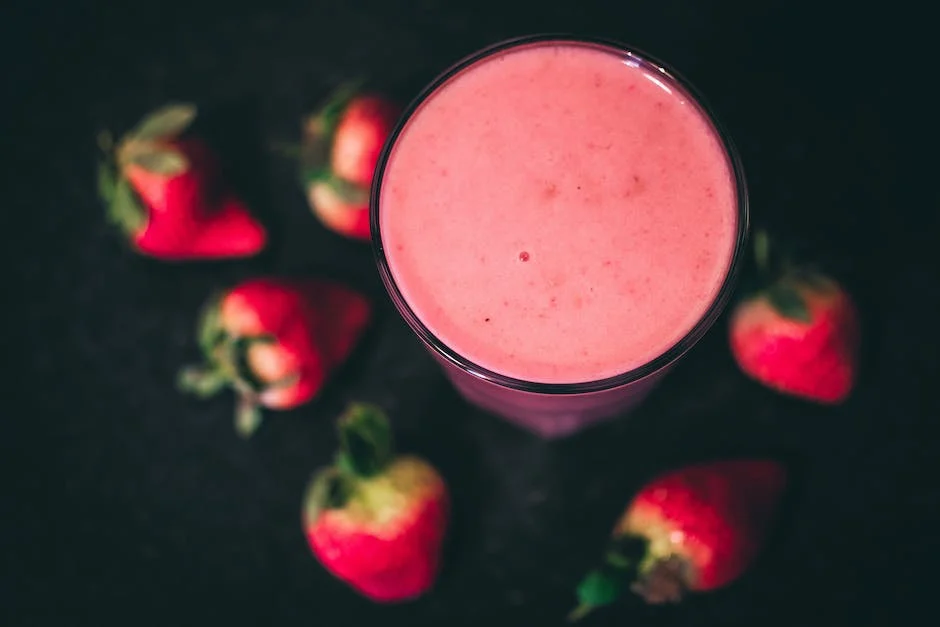What is clean protein?
Clean protein refers to protein sources that are minimally processed and free from added hormones, antibiotics, and artificial ingredients. Common examples of clean protein include organic chicken, grass-fed beef, wild-caught fish, and plant-based options like quinoa, tofu, and lentils. These protein sources are beneficial for muscle recovery and growth after a workout, as they provide essential amino acids without the added chemicals often found in processed proteins. Consuming clean protein can help support overall health and fitness goals.

Health benefits of clean protein
After working out, consuming clean protein can aid in muscle recovery, repair damaged tissues, and promote muscle growth. It also helps to maintain a healthy weight by increasing feelings of fullness and reducing overall calorie intake. Incorporating clean protein into post-workout meals can also support the immune system and facilitate better workout performance.
Types of clean protein sources
Protein from animal sources, such as chicken, turkey, fish, and eggs, is considered clean protein. Plant-based sources like quinoa, lentils, tofu, and chickpeas are also excellent options. Whey and casein protein, derived from milk, are widely used supplements. Additionally, pea protein is a popular choice for those with dairy allergies or who follow a vegan diet. It’s important to choose protein sources that align with your dietary preferences and any allergies or food sensitivities.
Importance of protein after a workout
After a workout, consuming protein is important for muscle recovery and growth. Protein provides the building blocks for repairing and building muscles, helping them to become stronger. Clean protein sources like chicken, fish, tofu, and eggs are easily digestible and help with muscle repair. Including clean protein in your post-workout meal can also help curb hunger and support weight management. A good rule of thumb is to consume around 20-30 grams of protein within 30 minutes to an hour after your workout to optimize muscle recovery.
How protein supports muscle recovery
Clean protein helps in muscle recovery after a workout by providing essential amino acids, which are the building blocks of proteins. It supports the repair and growth of muscle tissues, helping you regain strength and energy after exertion. Additionally, clean protein helps reduce muscle soreness and promote overall recovery, enabling you to perform better in subsequent workout sessions.
Protein and weight management
After a workout, including clean protein in your diet can help with weight management. Clean protein contains essential amino acids that promote muscle recovery and growth, which can aid in weight loss and maintenance. Additionally, clean protein helps you feel full, reducing the likelihood of overeating and supporting a healthy metabolism.
Protein and energy levels
After a workout, consuming protein can help replenish the energy levels in your body. Clean protein sources like chicken, fish, or plant-based options provide the necessary amino acids that your muscles need to recover and grow. By consuming clean protein, you can maintain steady energy levels throughout the day and support your overall health and fitness goals. Remember to choose high-quality protein sources and consume them within 30 minutes to an hour after your workout for the best results.
Incorporating clean protein into your post-workout routine
After your workout, adding clean protein to your routine helps your muscles recover and grow. Protein provides essential amino acids, the building blocks of muscles, and aids in muscle repair. Some clean protein options include lean meats, poultry, fish, eggs, dairy, and plant-based sources like tofu, edamame, and lentils. Choosing clean protein sources is important, as they typically have fewer added sugars, unhealthy fats, and artificial ingredients. Including clean protein in your post-workout meal or snack can help you achieve your fitness goals and maintain a healthy lifestyle.
Recommended daily intake of protein
The recommended daily intake of clean protein after a workout is around 0.6 to 0.9 grams per pound of body weight for those who are regularly active or trying to build muscle. For example, if you weigh 150 pounds, you would need to consume between 90 to 135 grams of clean protein a day. Good sources of clean protein include lean meats, poultry, fish, eggs, dairy products, legumes, and plant-based protein powders. Remember to stay hydrated and have this protein intake within 30 minutes to an hour after your workout for the best results.
Conclusion and tips for choosing clean protein sources
When it comes to choosing clean protein sources, it’s important to prioritize whole food options like lean meats, poultry, fish, eggs, dairy, and plant-based sources such as legumes, nuts, and seeds. These choices provide essential nutrients and amino acids to support muscle recovery and growth after a workout. To ensure the best quality, look for organic, grass-fed, or free-range options. Also, consider the environmental impact and ethical practices of the sources you choose. Prioritizing clean protein sources can help you maximize the health benefits of your post-workout nutrition.





